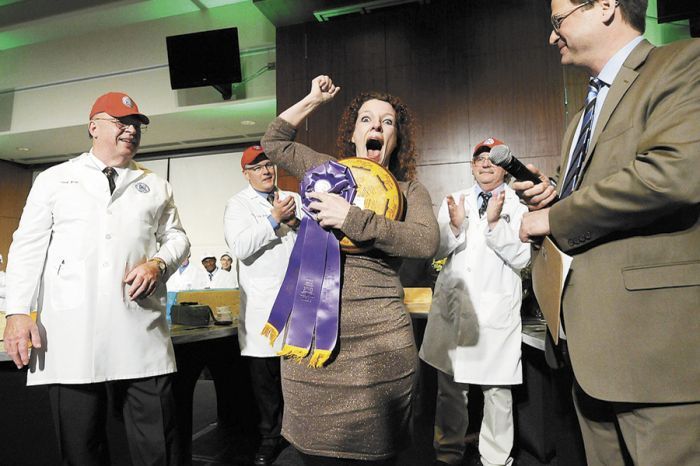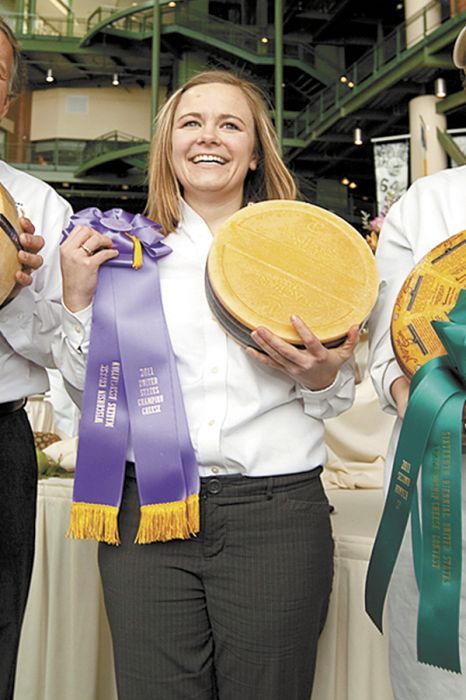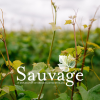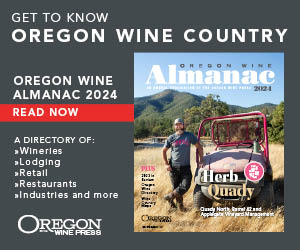Wisco Women Wow


By Christine Hyatt
Just as women winemakers are increasingly making strides in the wine industry, so are more and more making names for themselves in the U.S. artisanal cheese movement.
Historically speaking, it’s not surprising that women have taken to cheesemaking and, in fact, it is not a new development at all. Historically, the bulk of dairy duties were largely left to women.
In the U.S., this was true from the time the first Puritan dairy farmers brought their techniques from the Old World to the colonies. On many traditional farmsteads, the men tended the herds and the crops while the women milked the cows; they were then tasked with preserving spring and summer milk in a form that would last through long, hard winters. The cream was typically used for butter, which the women churned, and the skimmed milk was then made into cheese.
It was only the advent of the industrial “cheese factory” in the 19th century that removed many cheesemaking duties from women and put them in the hands of male factory workers. However, the modern resurgence of artisanal cheesemaking, particularly in the U.S., has attracted a new generation of women to the art of crafting their own cheeses.
For proof of this trend, one need look no further than the annual U.S. Championship Cheese Contest, held every other year in Wisconsin. In 2013, a woman took home the top prize for the second time in a row. On March 13, Marieke Penterman from Holland’s Family Cheese in Thorp, Wisc., was named best cheesemaker in the country for her Marieke Mature Gouda, aged six to nine months. This achievement came on the heels of 2011’s top cheese, Evalon, a hard goat cheese made by Katie Hedrich of LaClare Farms in Chilton, Wisc.
Jeanne Carpenter, founder of Wisconsin Cheese Originals and the blog Cheese Underground, has a number of theories about the recent successes of women in cheesemaking. Having worked with both Marieke and Katie, the similarities she found may lend a clue to the burgeoning class of female cheese artisans.
“Both women have a deep and sustained interest in both the art and the science of cheesemaking,” says Carpenter. “They are able to move deftly from a conversation about pH levels to one on affinage. Those who rise to Champion Cheesemaker status are able delve into both areas with equal passion and expertise.”
Carpenter has also seen female cheesemakers make an effort to seek out and learn from the most qualified mentors. Penterman, for instance, traveled to her native Holland to learn their Old World techniques before returning to the U.S. and working her way through the Wisconsin licensing and apprenticeship program. Making the time to explore these diverse perspectives clearly served her well when it came to creating her championship Gouda.
Hedrich similarly pursued her education from multiple cheesemakers rather than spending her apprentice hours learning from a single person. “Cheesemakers who are really interested in the art, science and craft will get their apprenticeship hours with a number of different makers to gain wider perspective,” she notes.
More broadly speaking, there are additional reasons women are finding a comfortable home in the world of cheesemaking where they not only participate but also thrive.
Many of the women who Carpenter sees entering the field are seeking a second career. They do not necessarily expect their foray into cheese to become a cash cow, but rather are content with pursuing their passion for the sake of the cheese itself. This dedication shows through in their attention to detail and willingness to learn the craft.
“I’ve also found that female cheesemakers are more willing to take other women under their wing, and that proliferation of knowledge has only helped to increase women’s interest and skill in cheesemaking,” she says.
Today, of 1,200 licensed cheesemakers in Wisconsin, fewer than 60 are women. But even with that disparity, 80 percent of the applicants to the Wisconsin Cheese Original’s Beginning Cheesemaker Scholarship are women. Clearly, we can expect to see a growing number of women entering the field and excelling in cheesemaking in Wisconsin, a trend that is reflected in numbers around the country.








